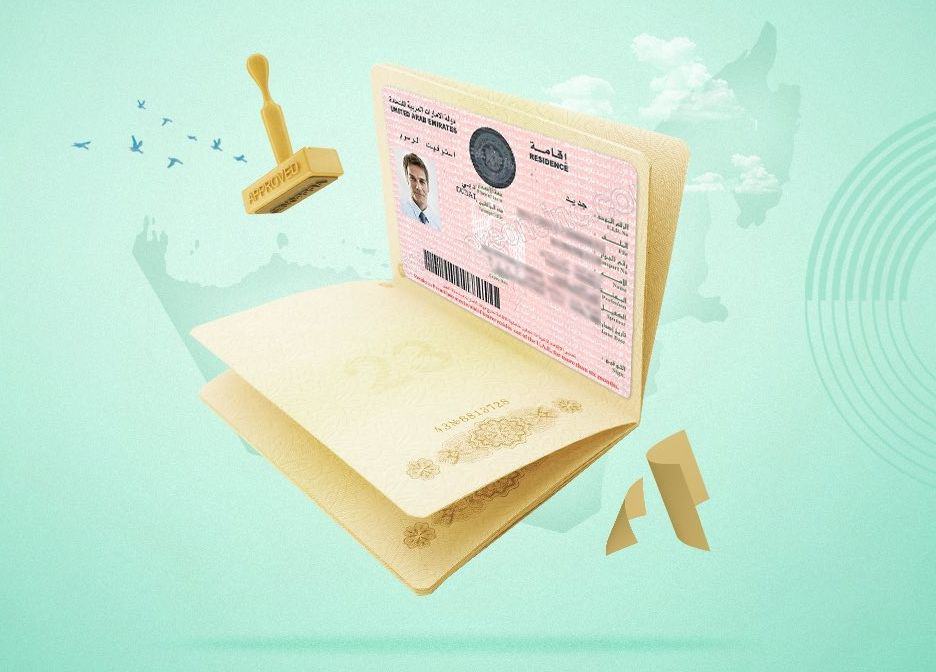Madrid, Spain – The number of destinations offering Digital Nomad Visas (DNVs) has risen significantly over recent years, with almost half now offering visas for at least one year.
According to a new analysis by the UN World Tourism Organization (UNWTO) covering 54 destinations, the rise in DNVs has gone hand-in-hand with an increase in digital nomads, with destinations in all regions working to meet the market trend.
The UNWTO Brief examines the DNV programmes in seven areas: Application process, Duration of visa, Taxation, Insurance, Accommodation, Minimum income requirements and criminal records check. The brief looks at the background and current state of digital nomadism trends and provides an analysis of existing DNVs worldwide in five regions.
Key findings
47% of destinations offer visas for up to one year.
39% of destinations exempt digital nomads from tax payments.
17% of destinations do not have minimum income requirements.
76% of destinations have online applications for DNV programmes.
80% of destinations process applications within one-month period.
Only 6% of destinations have no visa fees for application.A DNV allows individuals to live and work in a foreign country while maintaining employment or conducting freelance work for employers or clients in their home or another country. With this visa, digital nomads can continue their professional pursuits while embracing the opportunity to immerse themselves in the host destination’s unique lifestyle in line with much of the trends of the future of work. Furthermore, destinations use DNV to attract professionals from creative and technology areas to stimulate these areas nationally.








